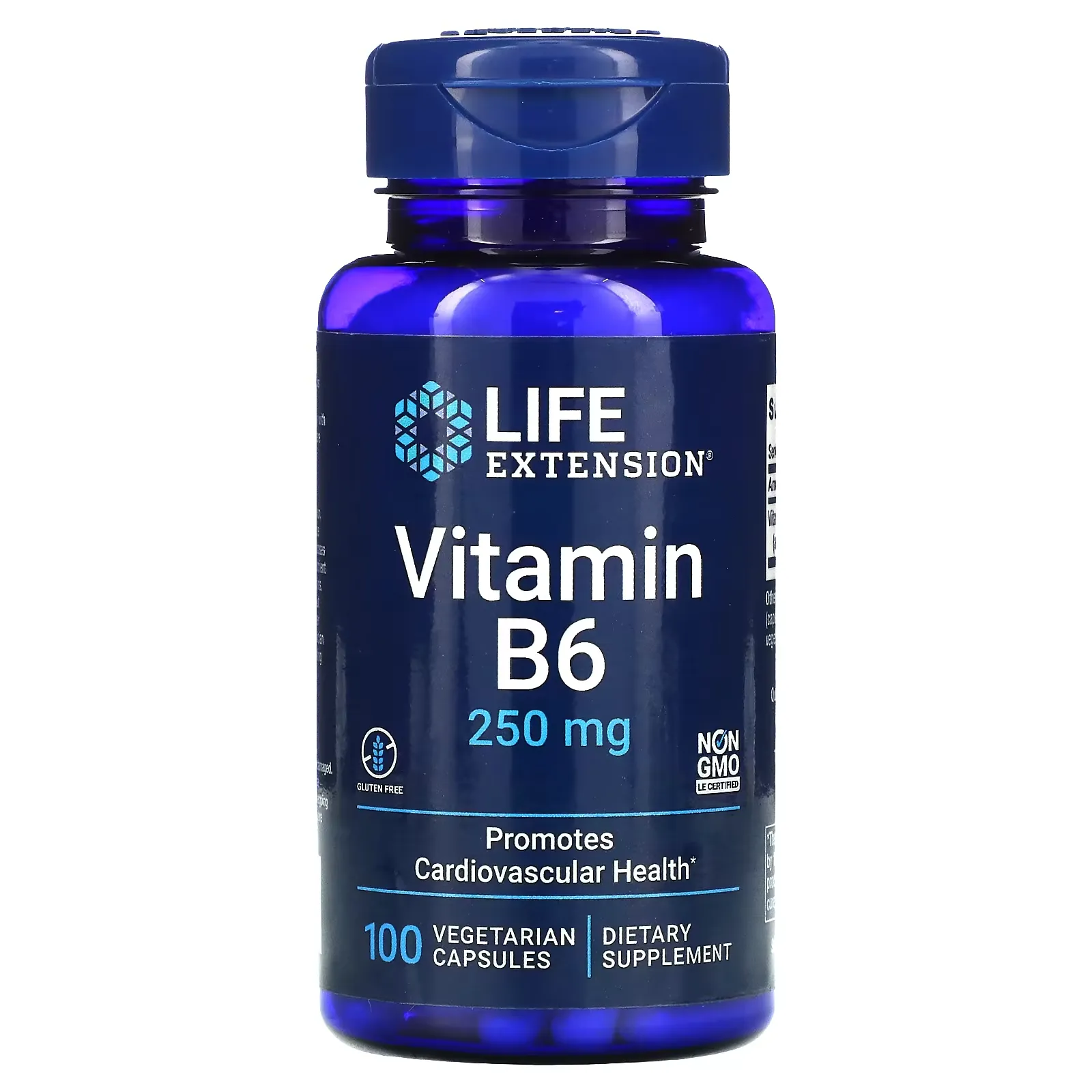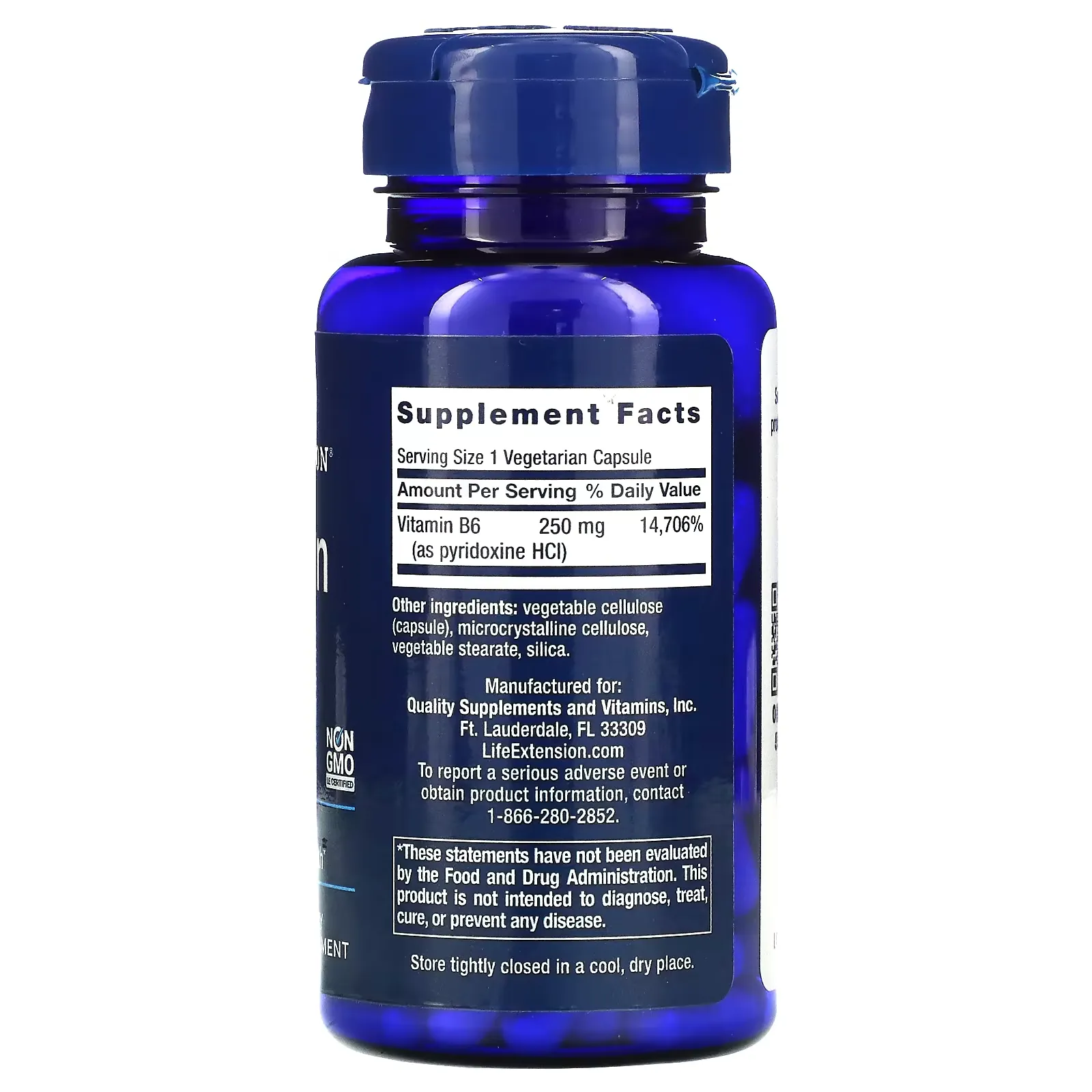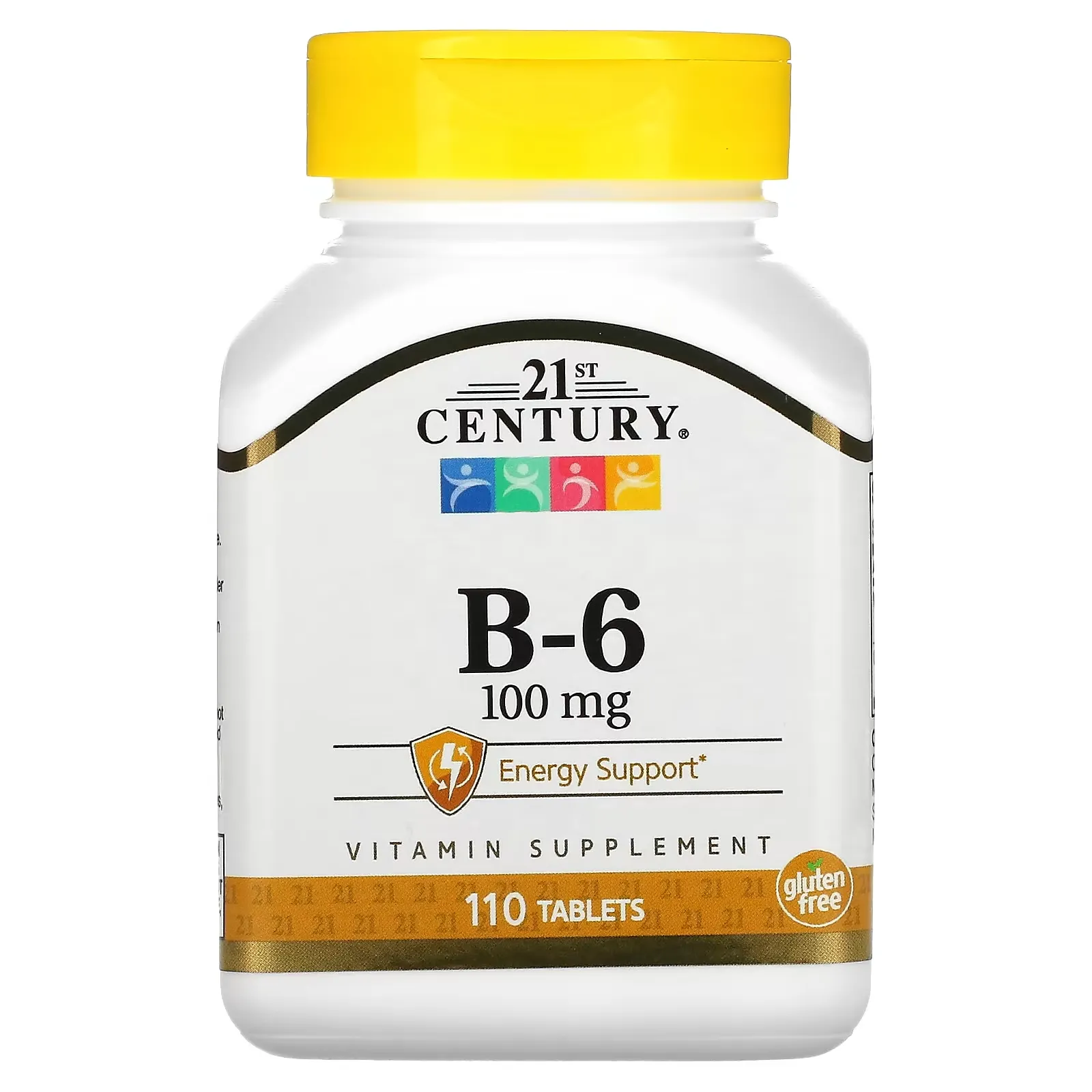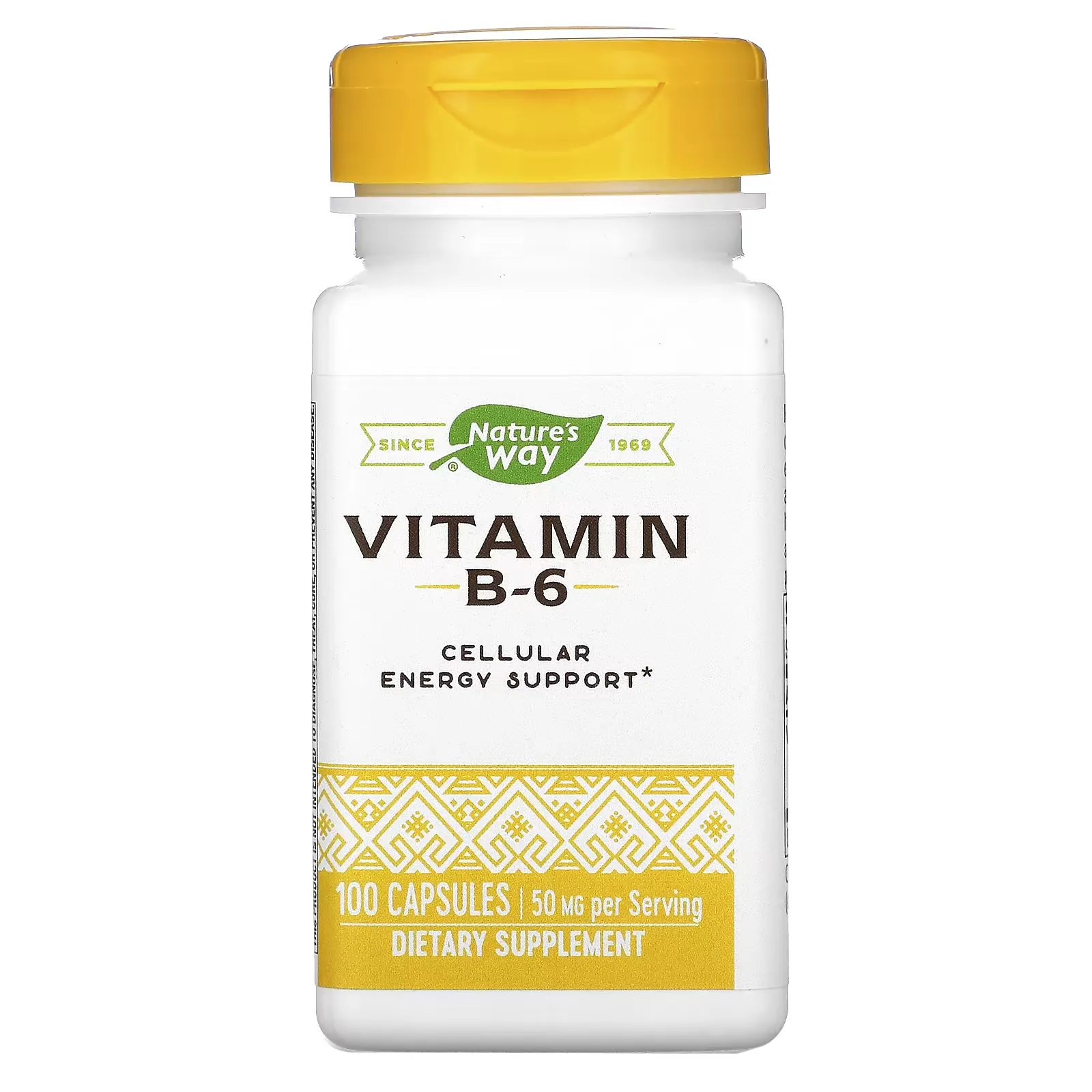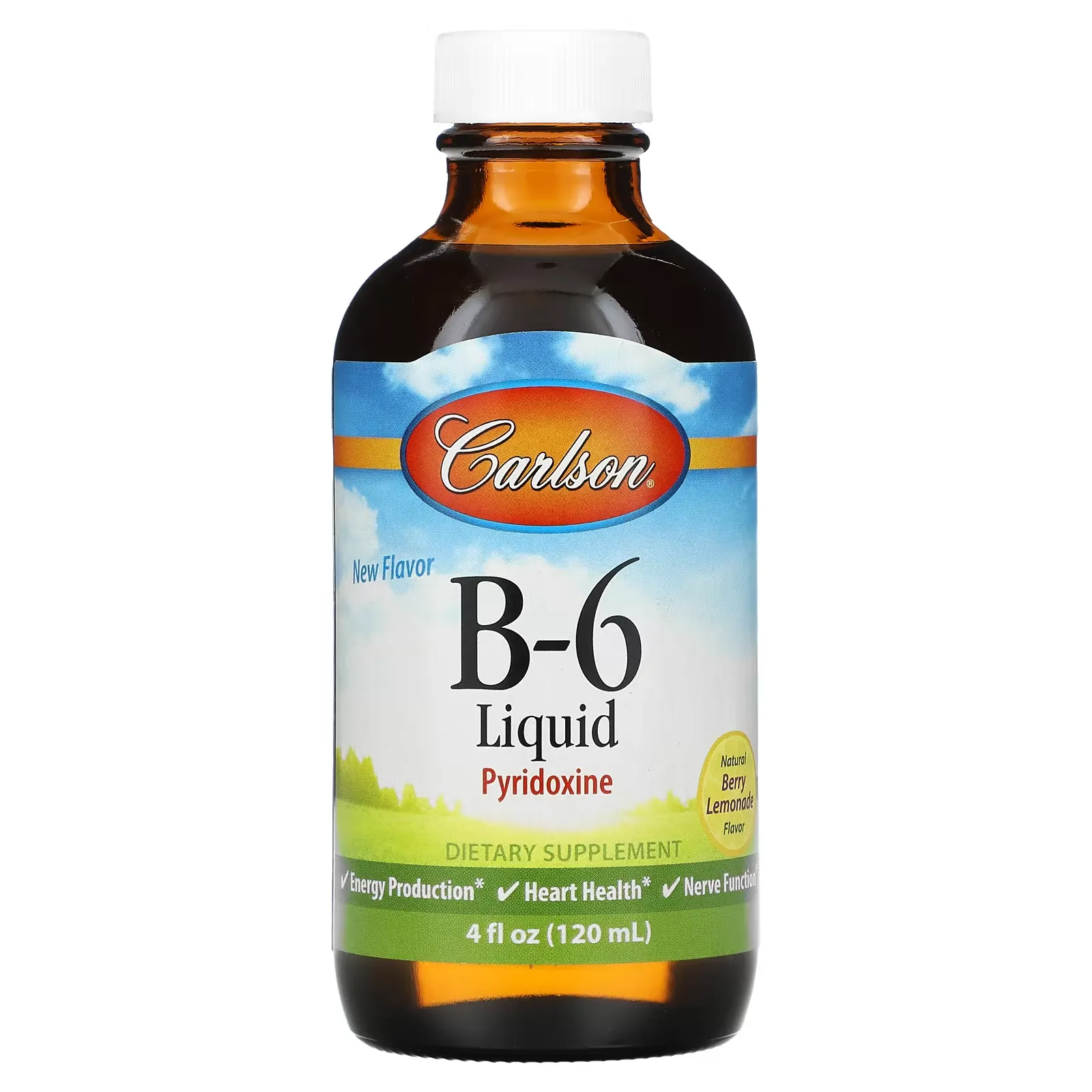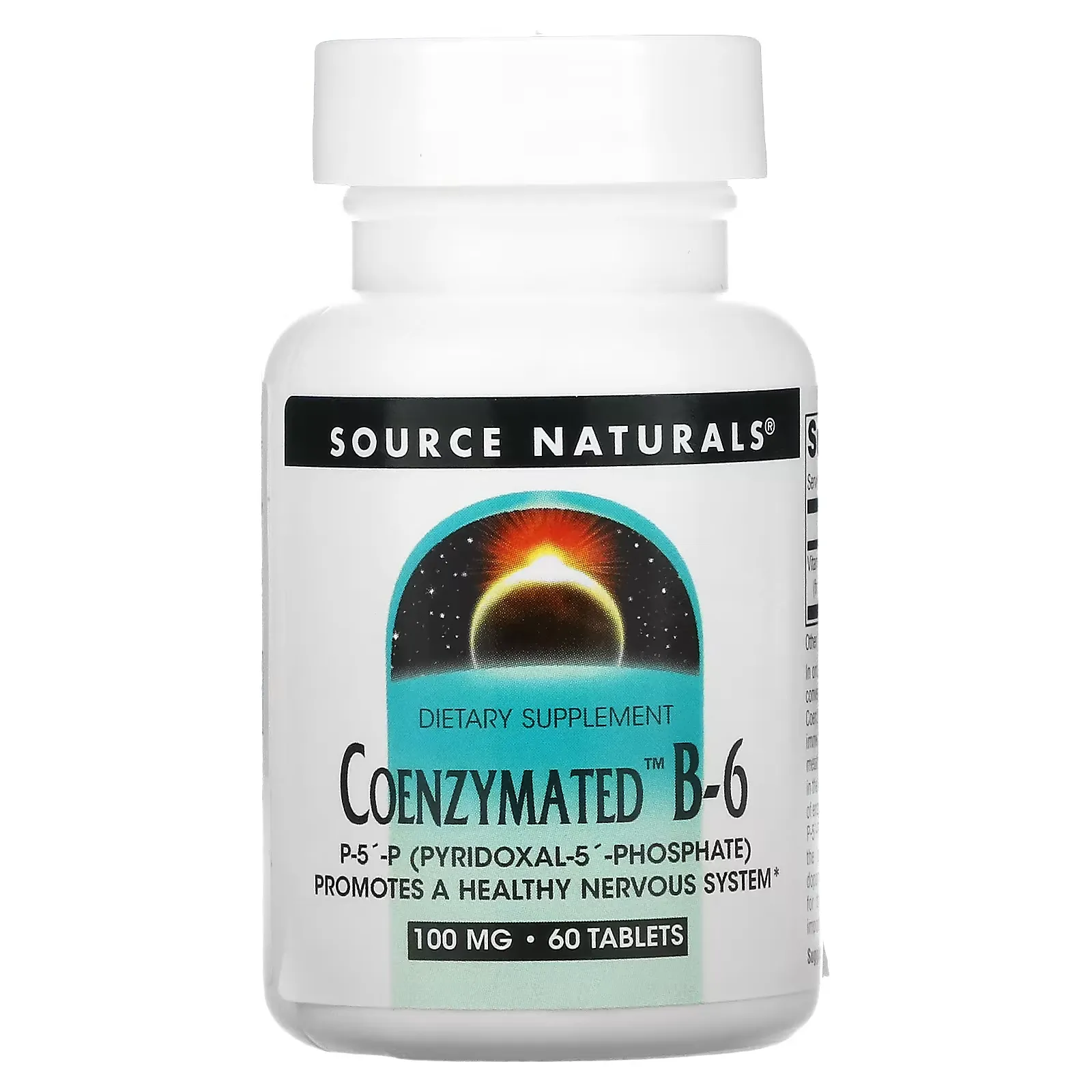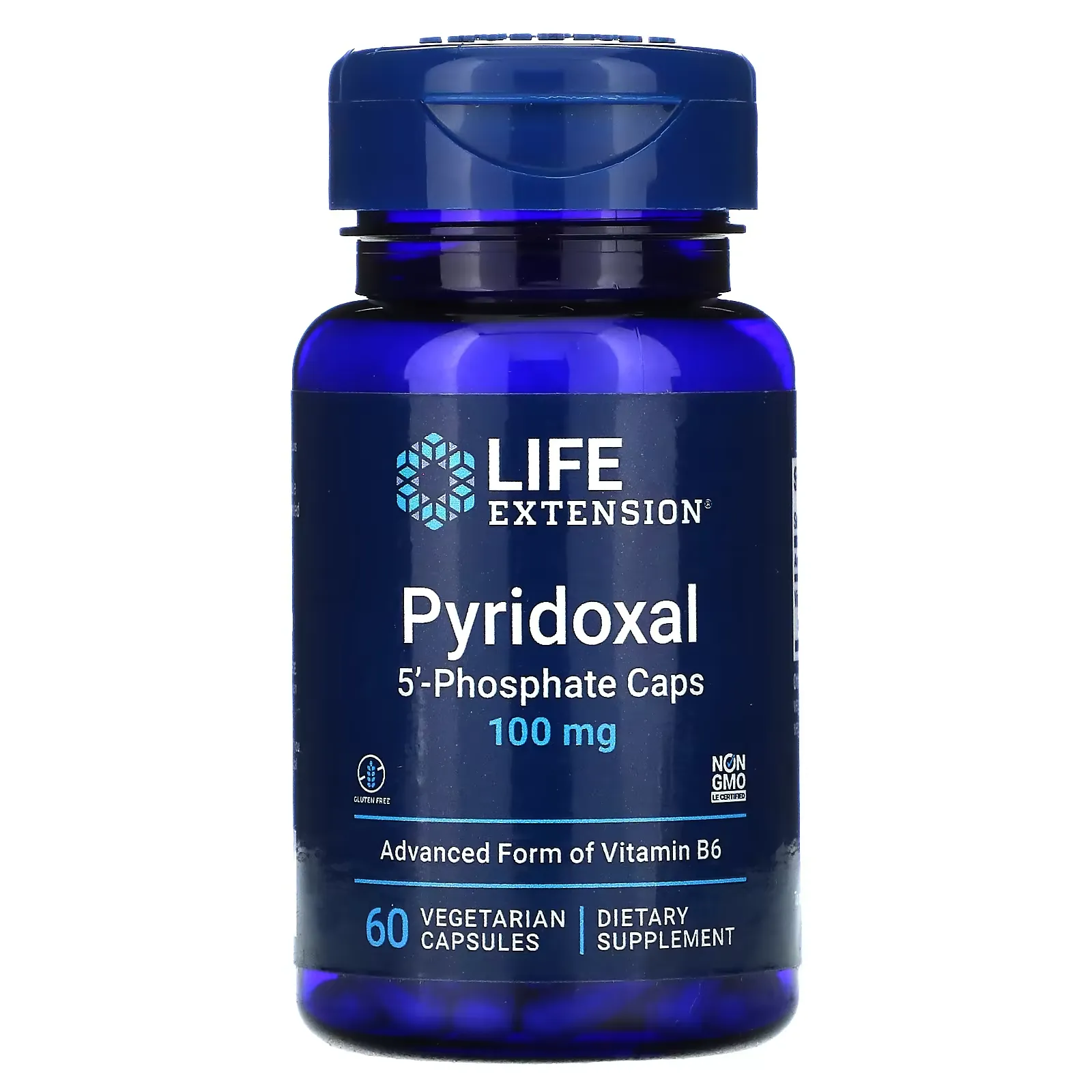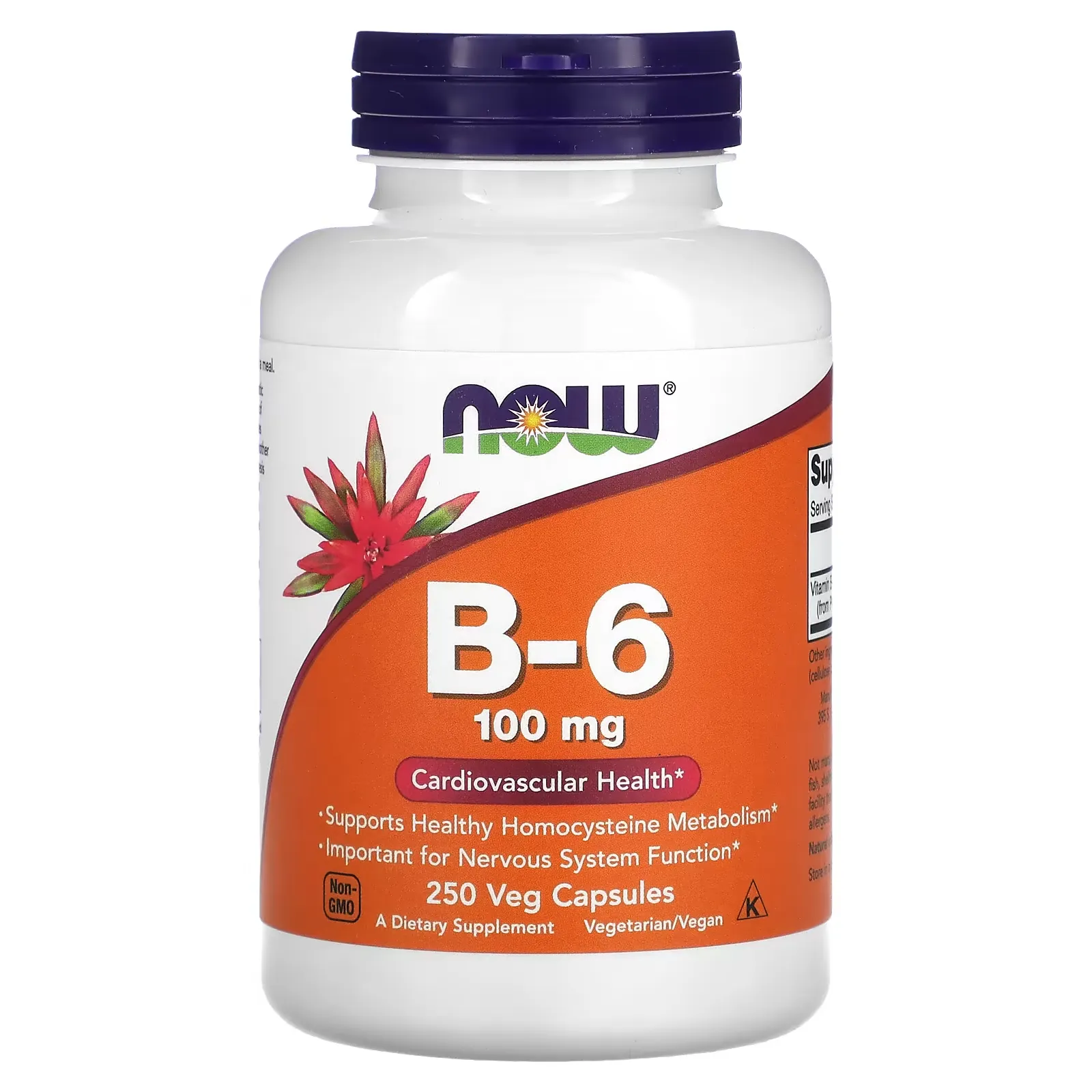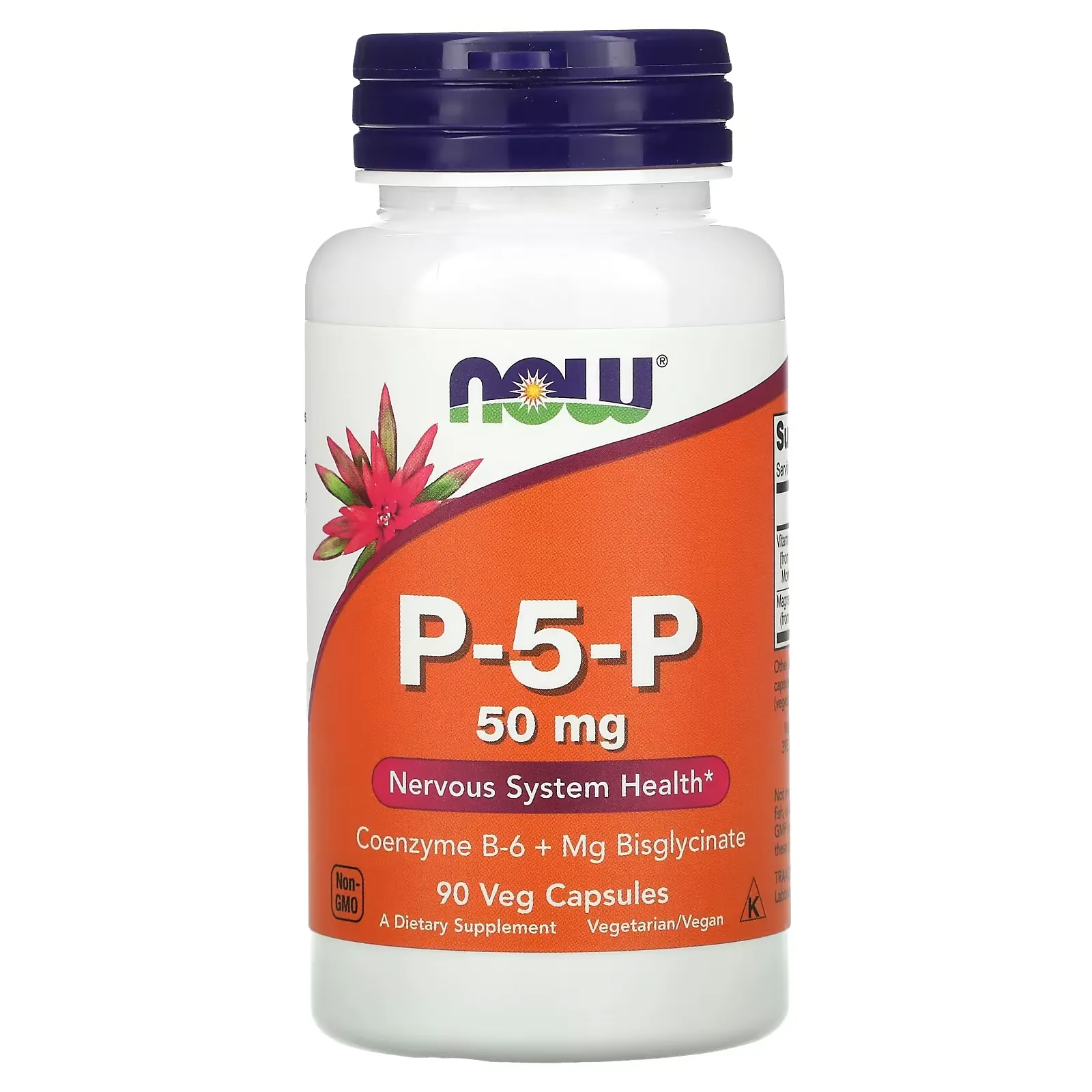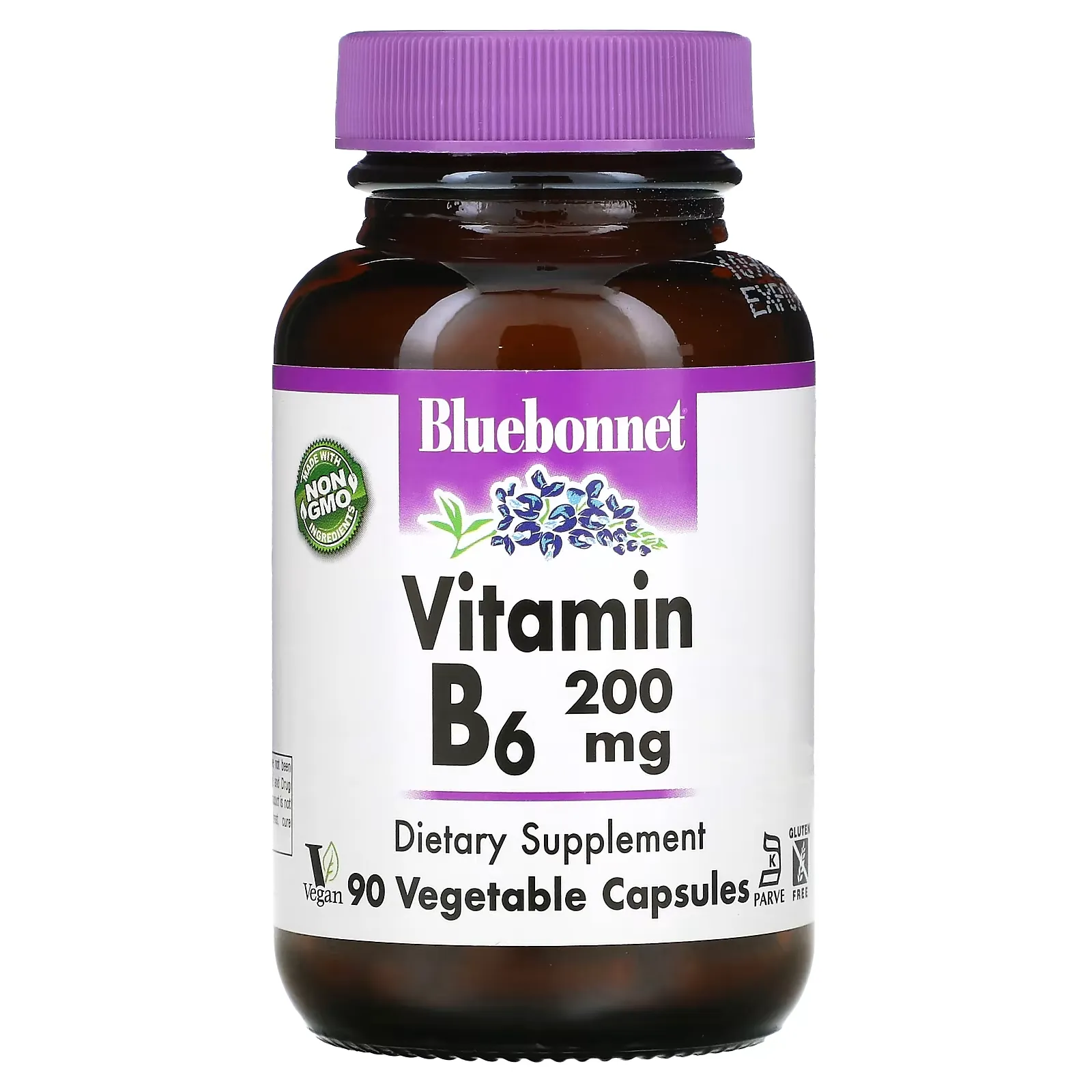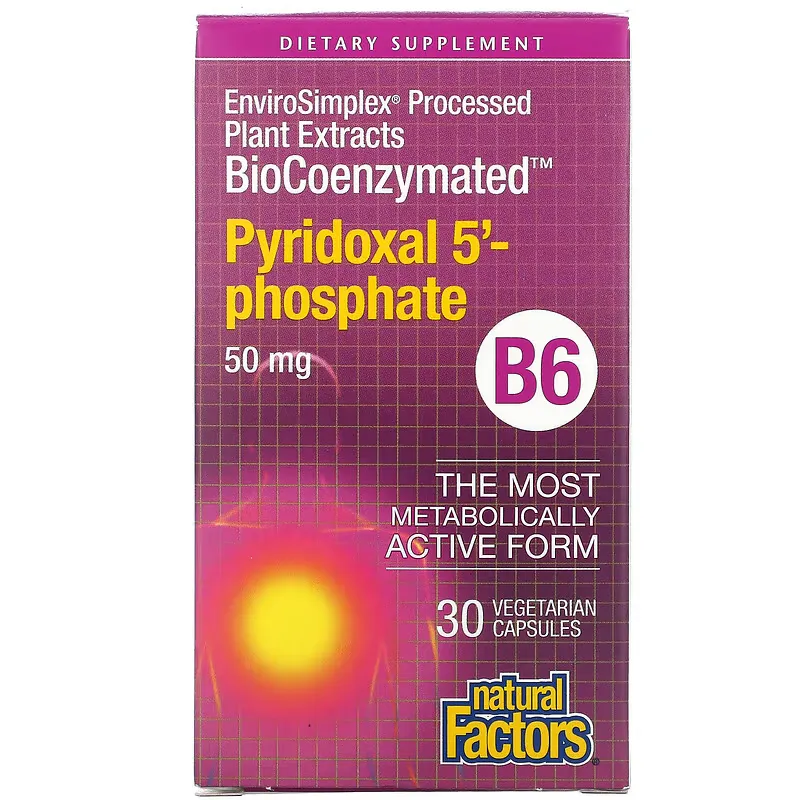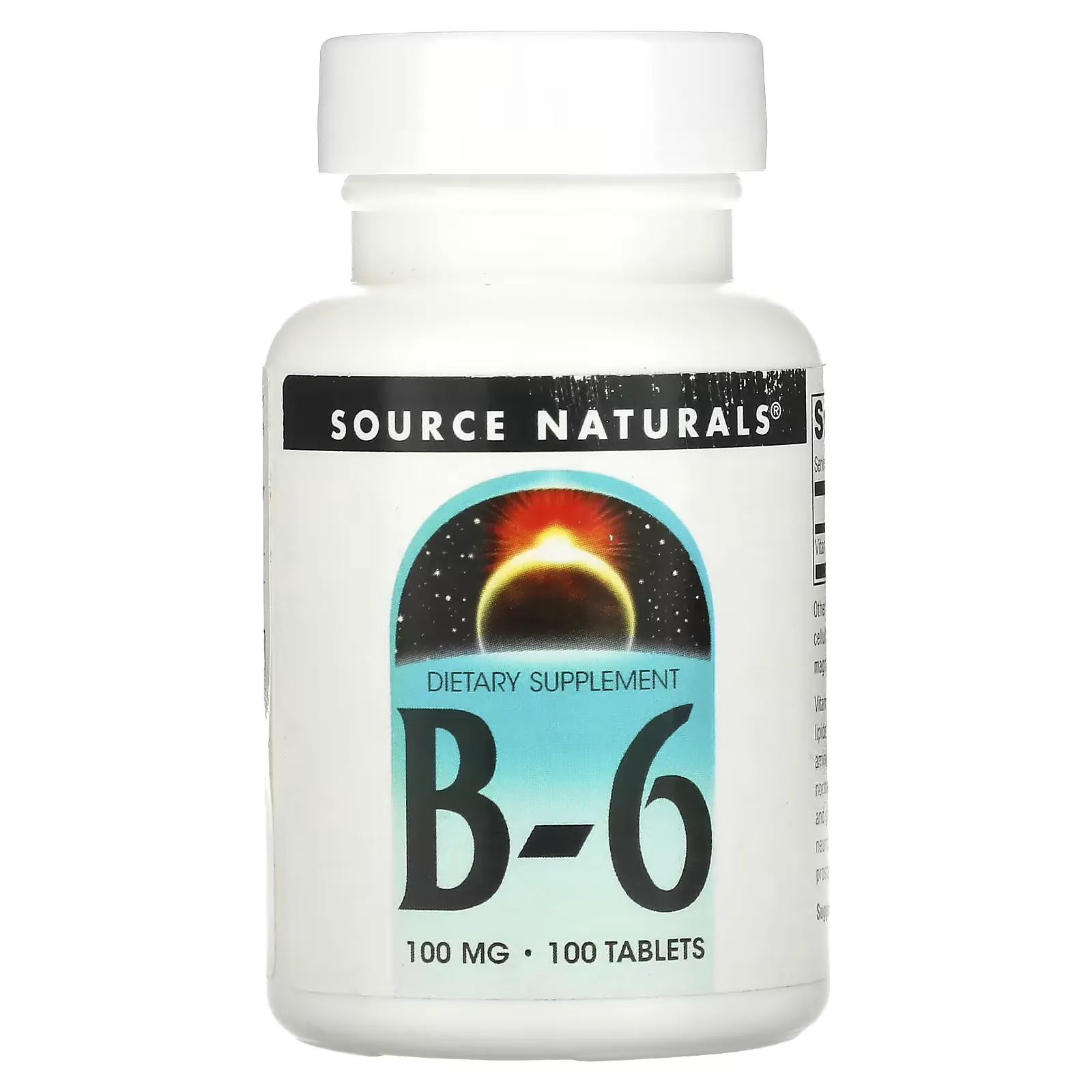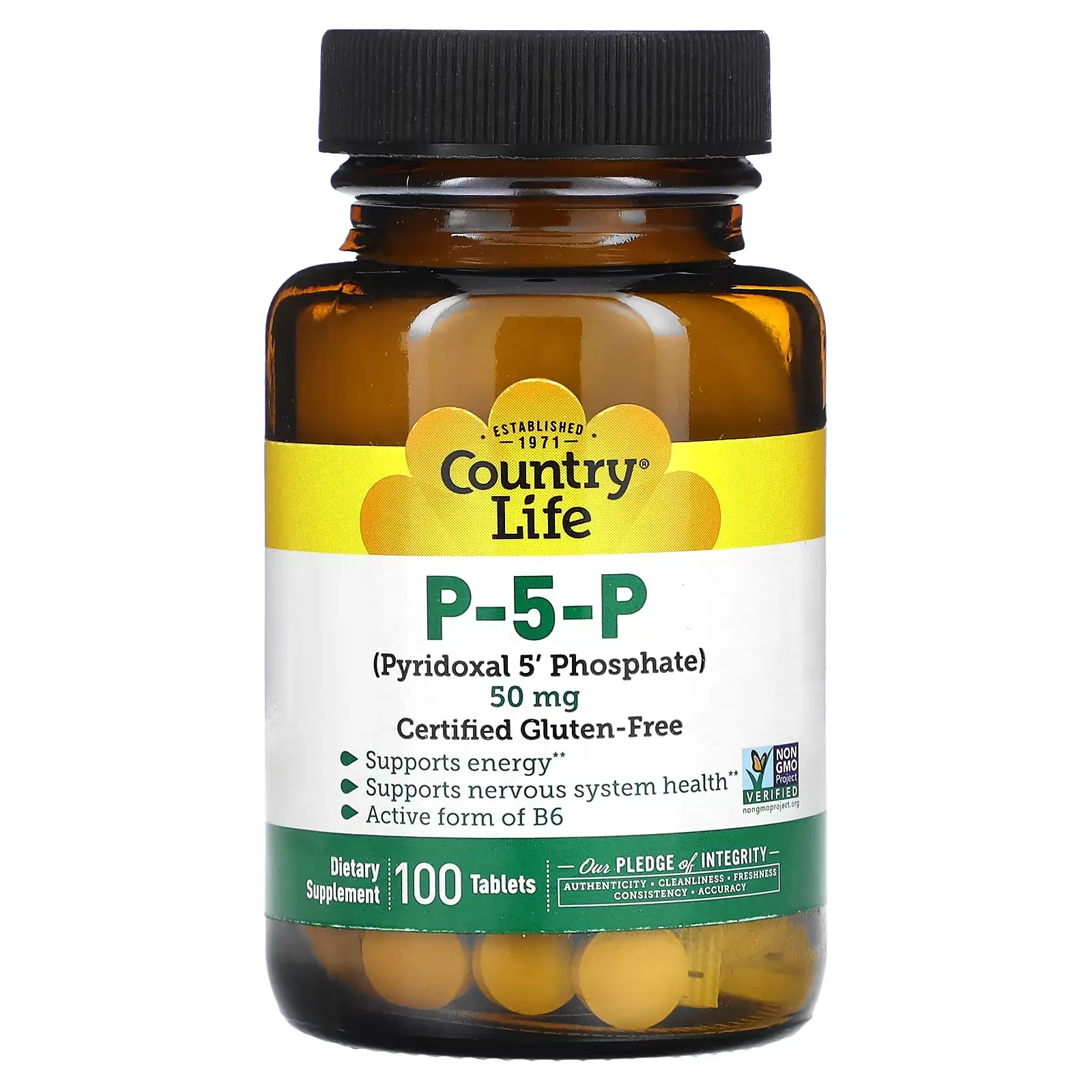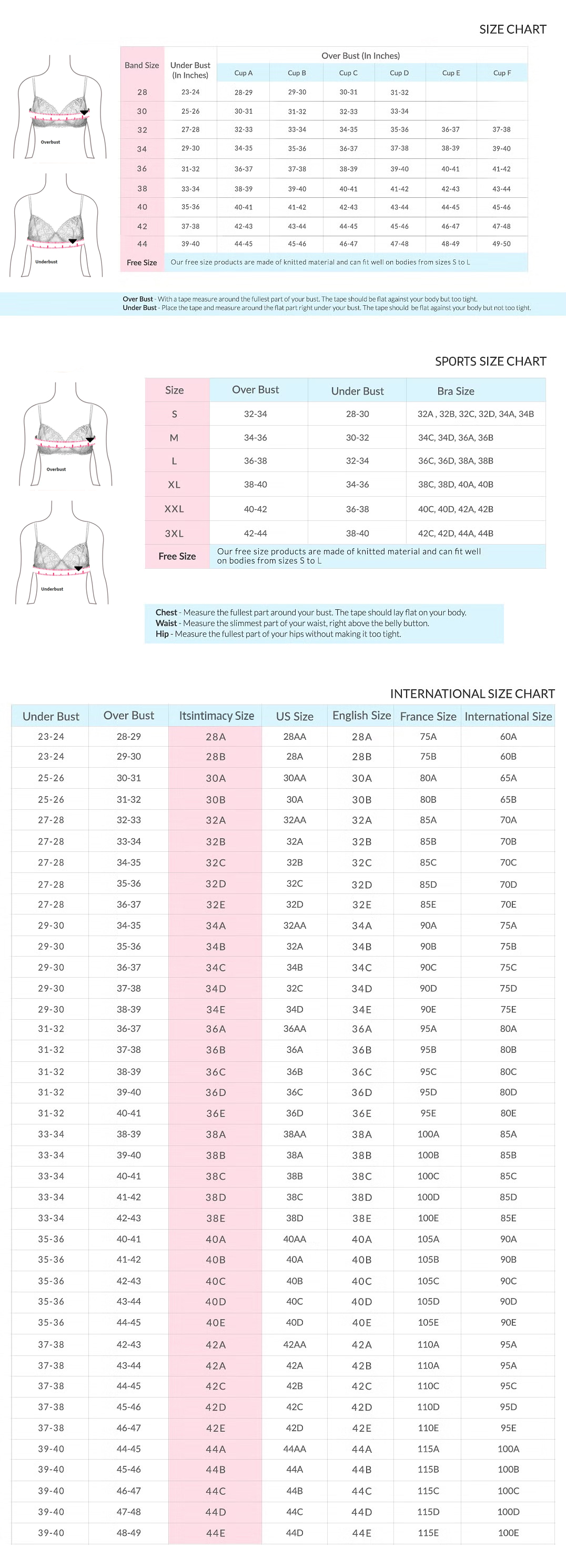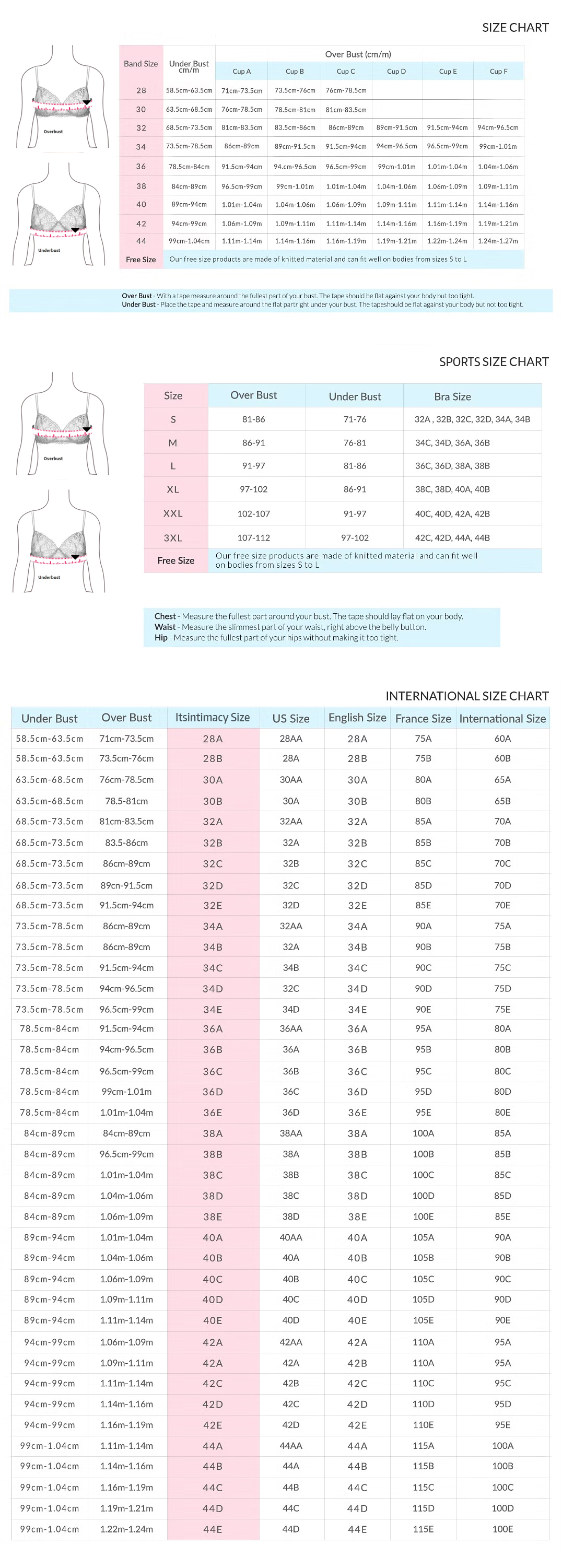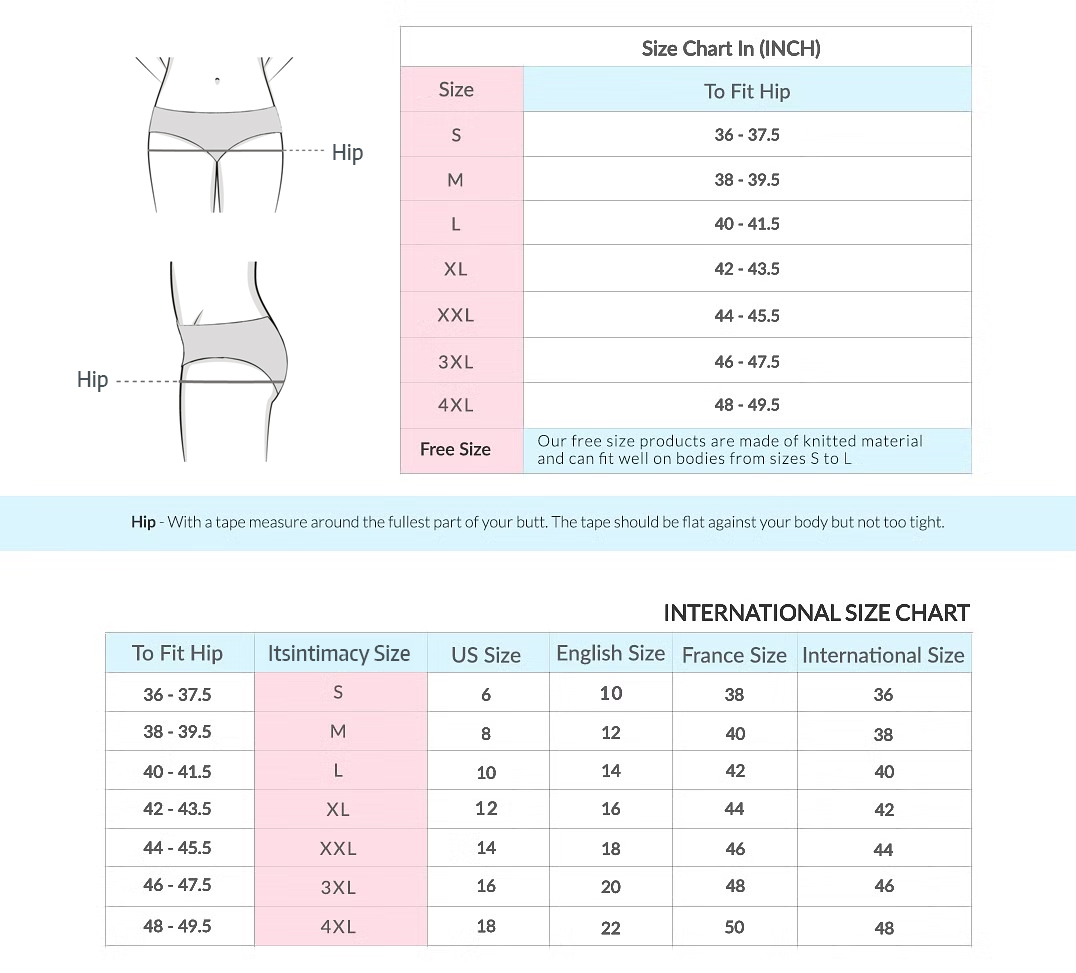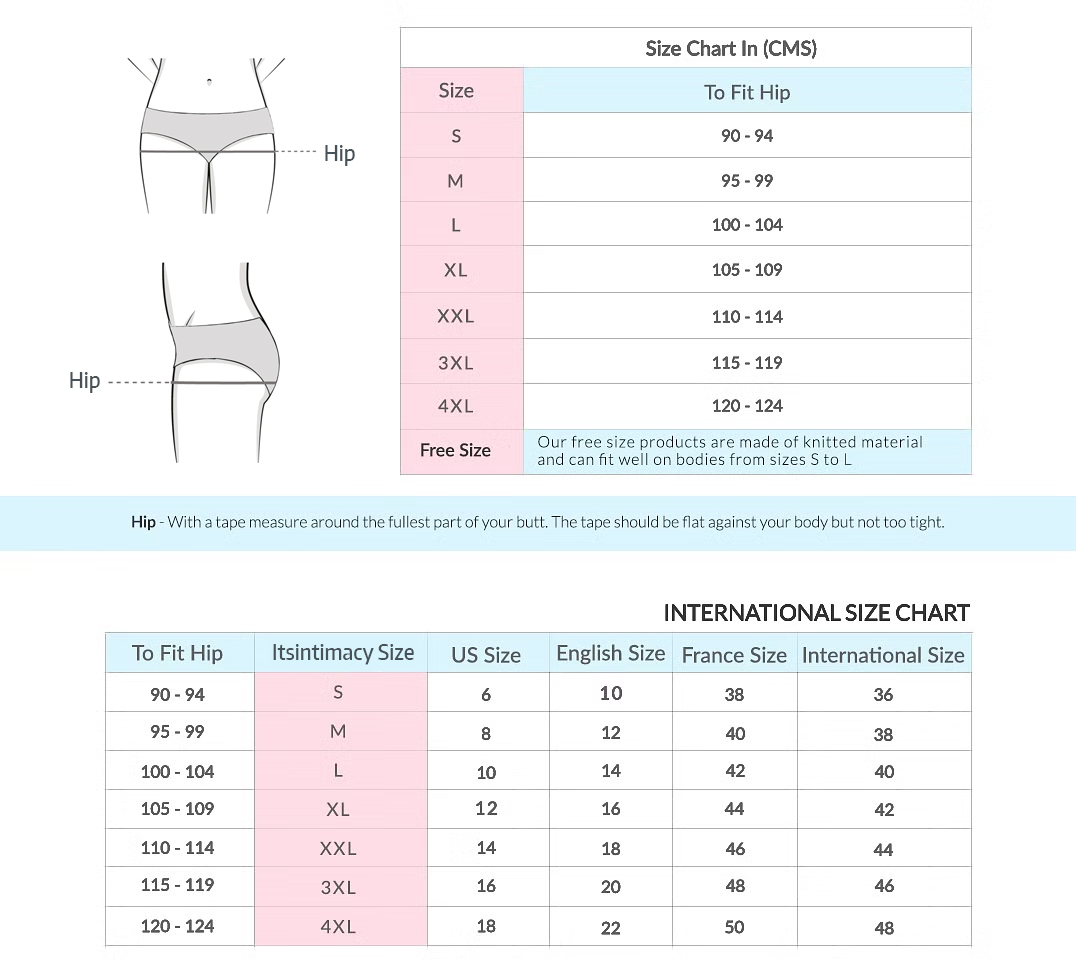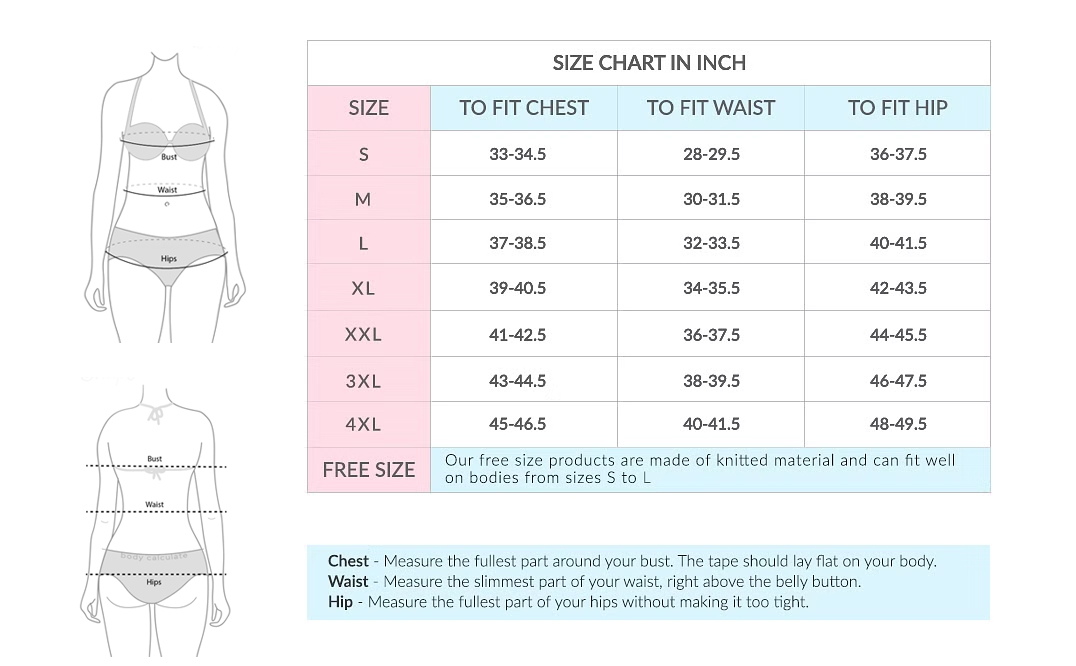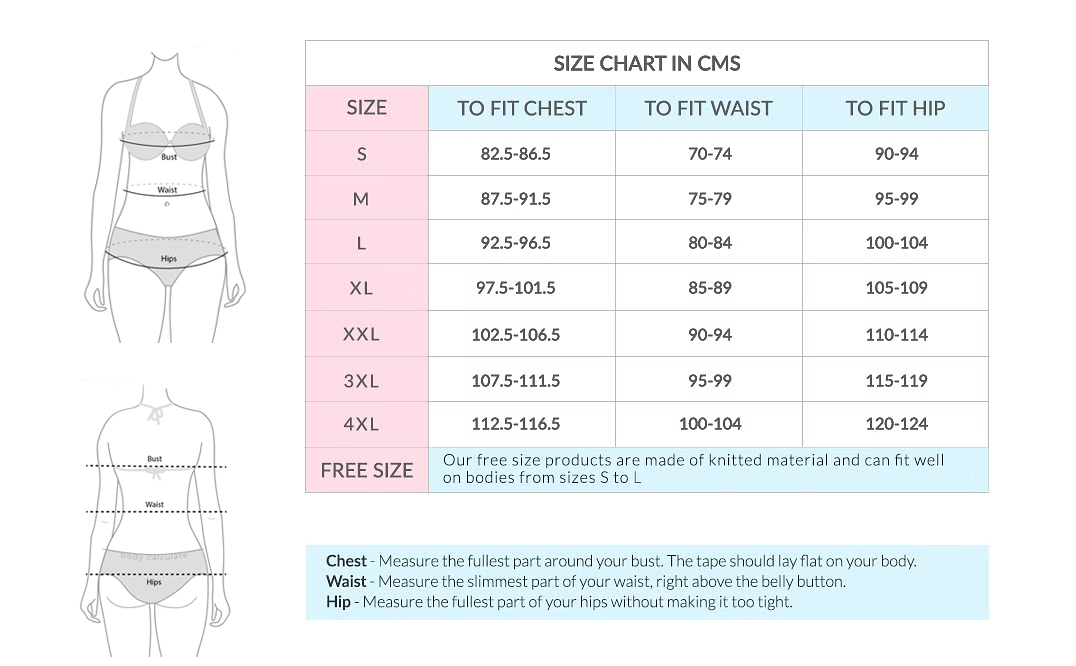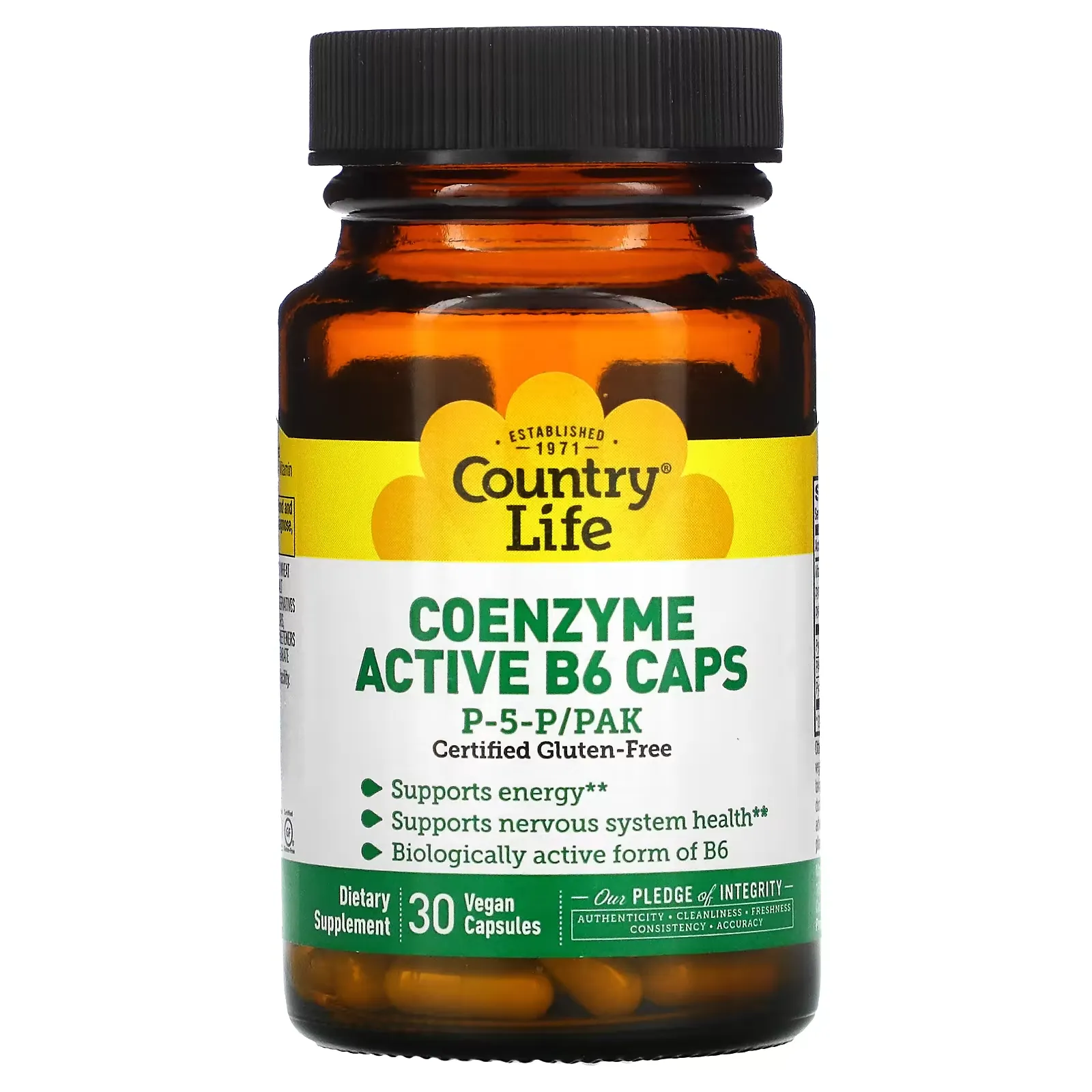
- Gluten Free
- Non GMO LE Certified
- Promotes Cardiovascular Health
- Dietary Supplement
Vitamin B6 is a water-soluble vitamin found naturally in many foods, while fortified in others. If you aren’t getting enough, supplementing helps support cardiovascular and neurological health.
Overview
Since your body doesn’t produce vitamin B6, it must be obtained through diet or supplementation.
Vitamin B6 Benefits
- Helps support cardiovascular &; neurological health
- Helps maintain homocysteine levels already within normal range
- A cofactor in more than 160 enzyme-driven reactions
Sometimes Food Sources Aren’t Enough
Vitamin B6 is found in foods such as eggs, brewer’s yeast, carrots, chicken, fish, brown rice, whole grains and cabbage. While most people get enough vitamin B6 from food, that's not always the case. If you need help maintaining vitamin B6 levels, there are a host of whole-body health benefits it can support.
Product Details
Vitamin B6, or pyridoxine, is a component of the vitamin B complex and necessary for optimal health. In its active form, pyridoxal 5-phosphate (PLP), vitamin B6 is a cofactor in more than 160 enzyme-driven reactions in the body that affect amino acid transformation, synthesis and breakdown of neurotransmitters, cellular energy production and use, immune function, methylation and DNA synthesis and repair.
While most people get enough B6 from food sources, some people are B6 deficient. Optimal blood levels of PLP may help support cardiovascular and neurological health. Through its role as a methylator, vitamin B6 (along with B12 and folate) helps maintain homocysteine levels already within the normal range. One study noted a connection between vitamin B6 levels, high homocysteine levels and increased mortality.

